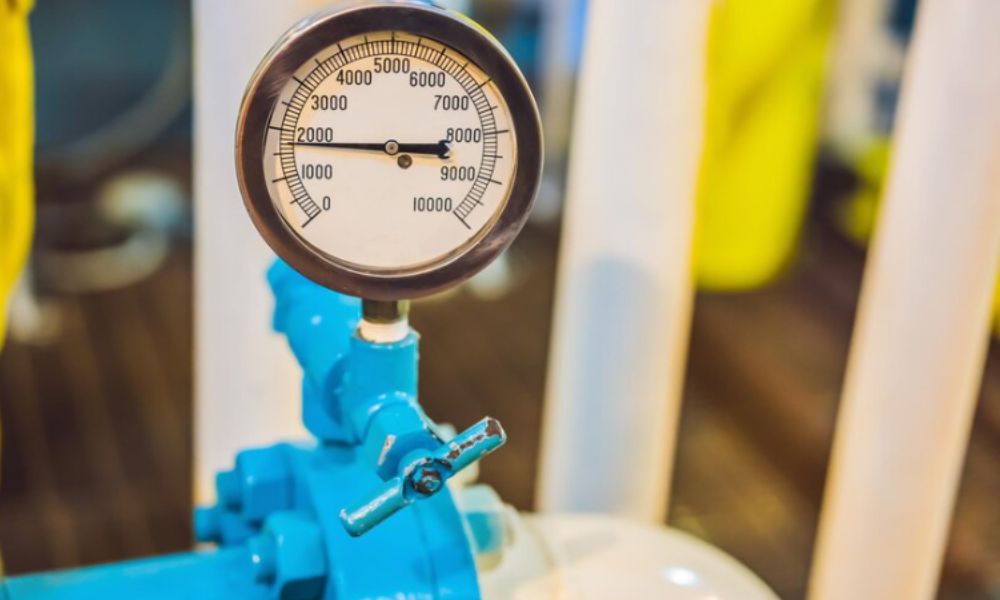In the vast realm of mechanical engineering, there are countless components and systems that contribute to our modern world's functioning. Among these, hydraulic motors stand out as powerhouses that often run silently behind the scenes, powering a myriad of operations. These motors are the backbone of countless machines, ensuring that industries, from construction to manufacturing, function seamlessly. Yet, even with their pivotal role, their optimization often remains an afterthought.
How can we ensure these motors are consistently delivering peak performance, especially in environments where load conditions are ever-changing? This guide offers insights, suggestions, and actionable steps to ensure your hydraulic motors are always performing at their best. By mastering the nuances of speed, torque, and control techniques, you're positioning yourself at the forefront of efficient machinery operation.
Breaking Down Hydraulic Motor Basics
Starting Simple
Think of a hydraulic motor as a converter. It takes fluid energy and turns it into movement. Once this idea is clear, we can better explore how to tweak its performance.
Speed and Flow Go Hand in Hand
Here's a straightforward fact: more flow means faster motor rotation. By adjusting this water flow, we can directly control the speed and we can use a hydraulic flow meter tester to check it.. Simple, right?
Torque Tied to Pressure
Torque, the force the motor exerts, depends on pressure. Increase the pressure, and you get more torque. Again, by tweaking the pressure, we can get just the right amount of torque.
How They Impact Performance
Loads Change Things
Different loads mean the motor has to adapt. This can affect its speed and torque. It's like adjusting your car's speed based on road conditions.
Adapting to the Challenge
Imagine lifting a feather and then a bowling ball. Different weights, right? Similarly, motors need to change their torque and speed based on the load. Recognizing this is crucial.
Enter Load-sensing Systems
Think of these as smart assistants. They detect the load and adjust things like flow test speed and pressure. This ensures the motor runs optimally.
The Steering Wheel of the System
The Loop Debate
Open-loop systems are set and forget. No feedback. On the other hand, closed-loop systems adjust based on feedback. It's like having a co-pilot, offering more precision.
Variable Displacement Motors - A Flexible Friend
These motors change their output based on what's needed. This adaptability means they can handle various tasks with ease.
Modern Touch with Electronic Controls
By marrying electronics with hydraulics, we get even better control. This combo ensures the motor performs just right, especially when conditions change fast.
Boosting Efficiency
Why Efficiency Matters: An efficient motor saves energy. It also lasts longer. That’s two big wins!
Fluid Choices Can Make or Break Efficiency
Picking the right hydraulic fluid is key. The best ones offer stable performance even when temperatures shift.
Maintenance is King
Regular check-ups prevent small issues from becoming big problems. It's like going to the dentist but for motors!
Keeping Operations Smooth and Secure
Avoid Overdoing It
Pushing any machine too hard can spell trouble. It’s vital to stay within limits.
The Power of Monitoring
Keeping an eye on system health prevents surprises. Early warnings lead to timely fixes.
Know Before You Operate
Training isn't just a formality. It’s a necessity. A well-informed operator makes safer decisions.
What's Next for Hydraulic Motors?
Connected Systems and IoT
Imagine a world where everything talks to everything else. For hydraulic motors, this means better control, feedback, and automatic adjustments.
Green is the New Gold
As the world shifts towards eco-friendliness, so do hydraulic systems. We're seeing fluids that are kinder to the environment and motors that consume less energy.
The Promise of Automation and AI
Imagine motors that learn and adapt on their own. With AI, this dream might soon be a reality.
Conclusion
Our exploration into hydraulic motors has traversed the intricate intricacies of their operation, the importance of optimization, and a peek into the future of hydraulic technology. These motors, pivotal in many industries, deserve the attention and care that ensures their efficient functioning. For more details you can contact us at https://www.nemfg.com/ today.
Armed with this knowledge, there’s no doubt that the future of hydraulic systems is not only promising but is also poised for revolutionary advancements. As we embrace these changes, let’s always prioritize efficiency, adaptability, and sustainability, ensuring that our machinery and operations are ready for tomorrow's challenges.


No comments yet